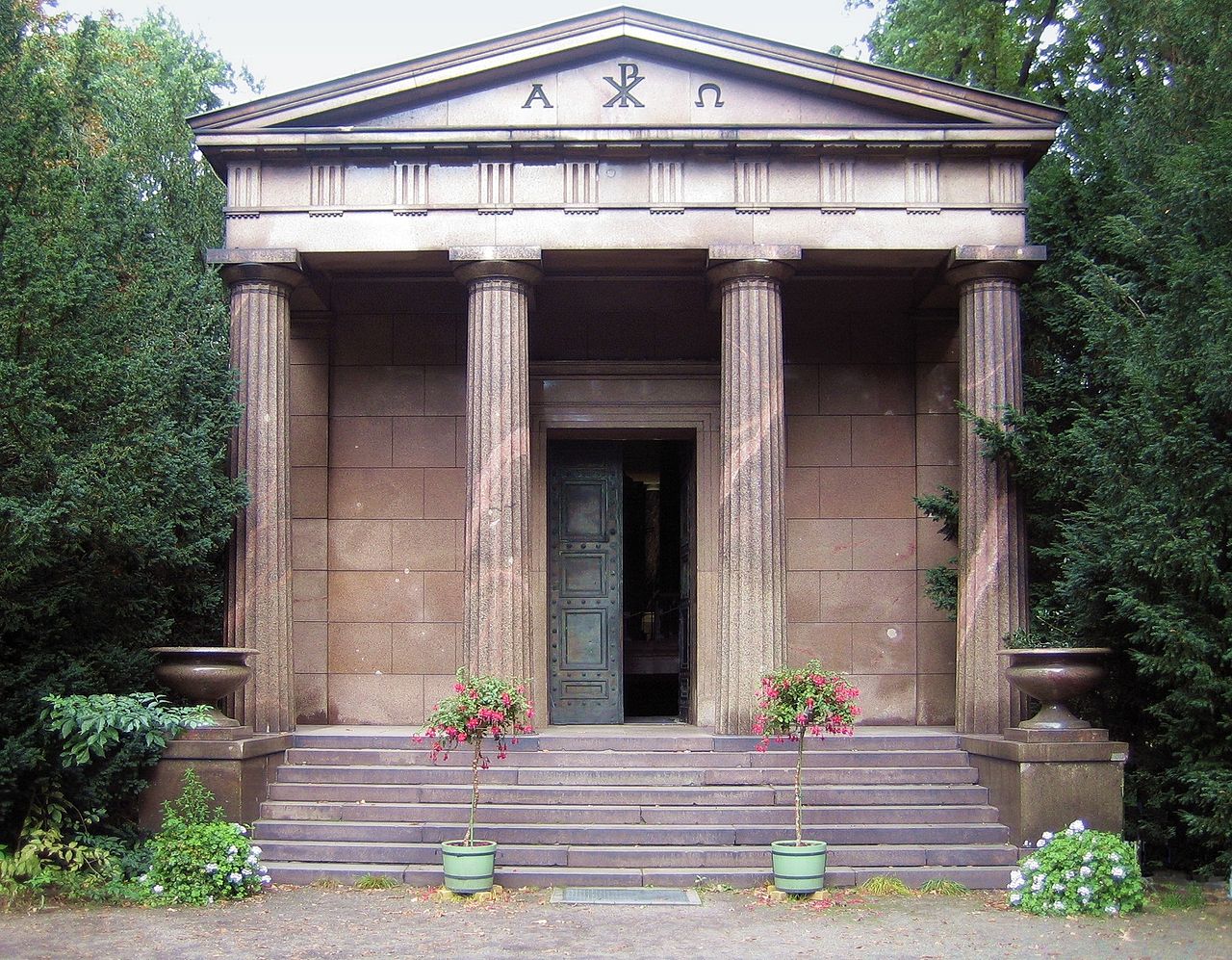by Scott Mehl © Unofficial Royalty 2019

Augusta of Saxe-Weimar-Eisenach, German Empress, Queen of Prussia; Credit – Wikipedia
Augusta of Saxe-Weimar-Eisenach was the wife of Wilhelm I, German Emperor and King of Prussia. She was born Princess Augusta Marie Luise Katharina on September 30, 1811, in Weimar, Grand Duchy of Saxe-Weimar-Eisenach, now in the German state of Thuringia, the second daughter of Karl Friedrich, Grand Duke of Saxe-Weimar-Eisenach and Grand Duchess Maria Pavlovna of Russia, daughter of Paul I, Emperor of All Russia.
Augusta had three siblings:
- Prince Paul (1805-1806) – died in infancy
- Princess Marie Luise (1808-1877) – married Prince Karl of Prussia, had issue
- Karl Alexander, Grand Duke of Saxe-Weimar-Eisenach (1818-1901) – married Princess Sophie of the Netherlands, had issue

Augusta’s husband, the future Wilhelm I, German Emperor and King of Prussia in 1848; Credit – Wikipedia
Augusta first met her future husband in 1826 when she was just 15 years old. Wilhelm found her personality to be wonderful but did not find her as attractive as her older sister. However, his father encouraged the marriage. At that time, Wilhelm was in love with a Polish princess, Elisa Radziwill, but marriage would not have been allowed as it was considered unequal. Wilhelm’s father King Friedrich Wilhelm III of Prussia forced him to end that relationship and to marry Augusta. He proposed on August 29, 1828, and the two were formally engaged on October 25, 1828. The marriage took place in the chapel at Charlottenburg Palace in Berlin, Kingdom of Prussia, now in the German state of Brandenburg, on June 11, 1829, and they had two children:
- Friedrich III, German Emperor and King of Prussia (1831-1888) – married Victoria, Princess Royal of the United Kingdom, had issue
- Princess Luise (1838-1923) – married Friedrich I, Grand Duke of Baden, had issue
Their marriage was not without struggles. Augusta was deeply in love with Wilhelm, but he was still in love with Elisa Radziwill. Although welcomed in the Prussian court, she soon found the strict protocol stifling. She wanted to get involved in charitable causes but found that her sister-in-law, then Crown Princess Elisabeth Ludovika took precedence over her in such activities.
In 1837, the family took up residence in a new palace in Berlin, which became known as the Kaiser Wilhelm Palais, and later the Altes Palais (Old Palace). This would remain Augusta’s primary residence for the rest of her life. In 1850, the couple moved to Koblenz, where her Wilhelm served as Governor-General of the Rhine Province. Augusta flourished in Koblenz, away from the strict court life of Berlin. They remained there until 1858 when Wilhelm was named Regent for his older brother, King Friedrich Wilhelm IV who was ill. They returned to Berlin and their increased responsibilities. In January 1861, the King died, and Wilhelm and Augusta became the new King and Queen of Prussia. The new Queen was more interested in politics than many of her predecessors and did not hesitate to voice her opinion. She despised Otto von Bismarck, who her husband had appointed, and the feeling was mutual. Ten years later, Wilhelm was named the first German Emperor (Kaiser), with Augusta as his Empress (Kaiserin). During their reign, Augusta founded the National Women’s Association and numerous hospitals and schools throughout Prussia to help those in need.

Mausoleum at Charlottenburg Palace. photo: Von Manfred Brueckels – Selbst fotografiert, CC BY-SA 3.0, https://commons.wikimedia.org/w/index.php?curid=4833730
Augusta’s husband died on March 9, 1888, and was succeeded by their son Friedrich III. Friedrich was terminally ill with throat cancer, died just 99 days later, and was succeeded by his eldest son Wilhelm II, who became the last German Emperor and King of Prussia. Despite having been in ill health for nearly 10 years, Augusta continued to participate in official duties. Shortly after a New Year’s reception, Augusta died at the Altes Palais in Berlin, Kingdom of Prussia, now in Brandenburg, Germany on January 7, 1890, at the age of 78. She was buried in the mausoleum at Charlottenburg Palace in Berlin, alongside her husband.
This article is the intellectual property of Unofficial Royalty and is NOT TO BE COPIED, EDITED, OR POSTED IN ANY FORM ON ANOTHER WEBSITE under any circumstances. It is permissible to use a link that directs to Unofficial Royalty.
Prussia Resources at Unofficial Royalty
